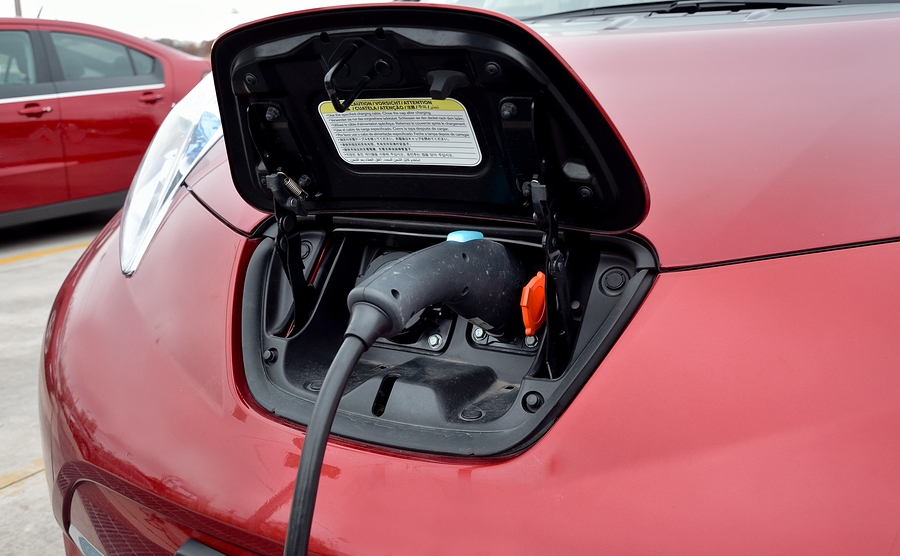The European Commission has found Romanian plans to support the creation of a network of recharging stations for electric vehicles to be in line with EU state aid rules. The Commission hopes that the measure will contribute to reducing CO2 and other pollutant emissions without unduly distorting competition in the single market.
European Commission Executive Vice-President Margrethe Vestager, in charge of competition policy, said: “Romania will contribute to the fight against global warming in line with the European Green Deal’s objectives. This scheme will reduce harmful car emissions and improve the health of citizens, without unduly distorting competition.”
The scheme, which will have a budget of 53 million euros covering the period from 2020 to 2025, is expected to stimulate investments into recharging stations for hybrid and battery electric motor vehicles in Romania. It will cover urban, suburban and rural areas and aims to develop a network of recharging stations that will cover the entire country.
The scheme is open to all economic operators meeting certain criteria, for example in terms of plug equipment. The beneficiaries will be selected through an open and transparent tender procedure and the support will be awarded in the form of grants.
The Commission believes that the measure will encourage a significant uptake of low-emissions vehicles, thus making a major contribution towards the reduction of CO2 and pollutant emissions, in line with the EU’s climate and environmental objectives and the goals set by the European Green Deal.
Furthermore, the Commission found that the aid will be granted through a competitive bidding process and the necessary safeguards limiting the aid to the minimum will be in place.
The Commission concluded that the contribution to EU environmental and climate goals of the scheme outweighs any potential distortion of competition and trade brought about by the support.
The European Green Deal, presented in December 2019, sets out how to make Europe the first climate-neutral continent by 2050. To achieve climate neutrality, a 90 per cent reduction in transport emissions is needed by 2050.
Romania saw sales of electric cars jump 148 per cent last year, to a still modest 1,506, but well up on the 605 which were sold in 2018. Hungary was emerging Europe’s leader in 2019, selling 1,833 electric cars.
Both countries are still a long way behind the Netherlands, however, where sales of electric cars topped 67,000 – the highest number in the European Union.






Add Comment